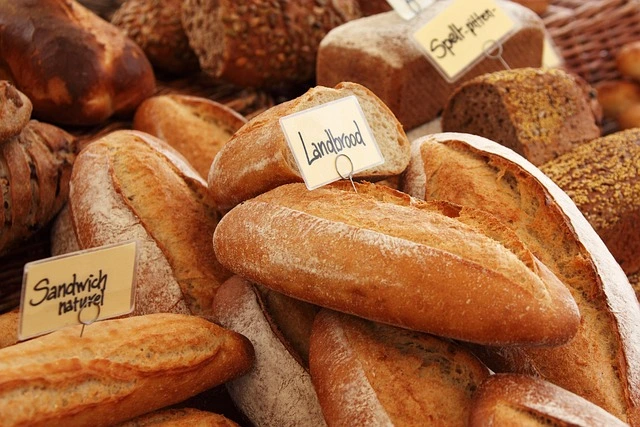Navigating Tax Implications and Deductions in Small-Batch Food Manufacturing
Artisan food is gaining momentum, offering unique flavors and fostering connections with the community. However, managing the financial side of a niche food businesses requires careful tax optimization. This guide explores key tax considerations for artisanal food manufacturers, focusing on options for providing effective deductions for production costs, and also taxes on the sale of delicacies.
Understanding taxable income:
Business Structure:
Your business structure (sole proprietorship, partnership, LLC, or corporation) determines how income and expenses are reported on your tax return.
Recognized income
Your taxable income generally includes gross income from your artisanal food sales, including sales at farmers markets, Internet markets, and what you sell directly to restaurants or stores
Optimizing Operating Cost Reduction:
Regular and necessary expenses
You can deduct ordinary and necessary business expenses incurred to operate your craft food processing business. These include:
- The materials used to make your products
- Packaging (containers, labels).
- Commercial kitchen rent or equipment depreciation (ovens, mixers)
- Farmer’s market housing costs
- Professional permits and licenses
- Marketing and advertising expenses
Maximizing small-batch production is reduced:
Inventory management
Consider adopting an inventory accounting method (e.g., FIFO – first in, first out) to manage the cost of raw materials after the. This allows you to reduce the cost of ingredients sold throughout the year.
Home Processing
If your food processing business is done from your home, you may be eligible to claim a home business deduction for a specified portion of your residence, which is used for business purposes only. There are specific rules and restrictions, so consulting a tax professional is essential.
Sales tax on desserts:
Luxury or necessity?
The sales tax rate of your product may depend on how your state classifies it. Some states consider certain artisanal foods (e.g., gourmet chocolates, and specialty cheeses) as luxury goods with higher sales taxes than basic goods. Know your state’s food tax laws, if it applies to products very well.
Record keeping is important:
Prepare receipts and invoices
Carefully record all your business expenses like receipts and invoices. Detailed records are needed to prove deductions when filing taxes and inventory management.
Tax benefits for farmers:
If you grow any of the ingredients for your food, you may be eligible for farmer-specific tax benefits. Consult with your tax advisor to find out what deductions are available for seeds, fertilizers, and farm equipment.
Increasing tax benefits:
Consult a Tax Professional
Due to the complexity of tax laws and specific projects that can be considered, it is highly recommended that you partner with a qualified tax professional who has experience in the food industry. They can walk you through complex tax issues, ensure compliance, and also identify possible tax optimization options specific to your artisanal food business. Therefore, consider utilizing marketplaces like IfindTaxPro, you can post your project and find the right tax specialist for you.
By understanding how income taxes are calculated, how manufacturing tax deductions are reduced, what they mean for taxes on artisanal food sales, and applying proper practices, you can simplify the tax treatment of your craft food business. Remember, maximizing your tax deduction and getting guidance from a qualified tax professional is essential to ensure your business’s prosperity. With a strategic tax plan, you can build your business on a solid financial footing and focus on making delicious artisan foods.








